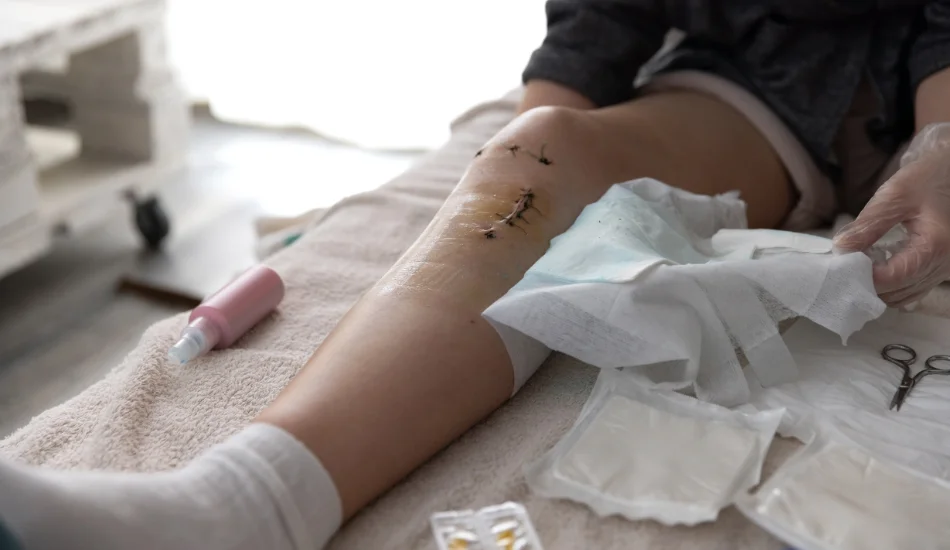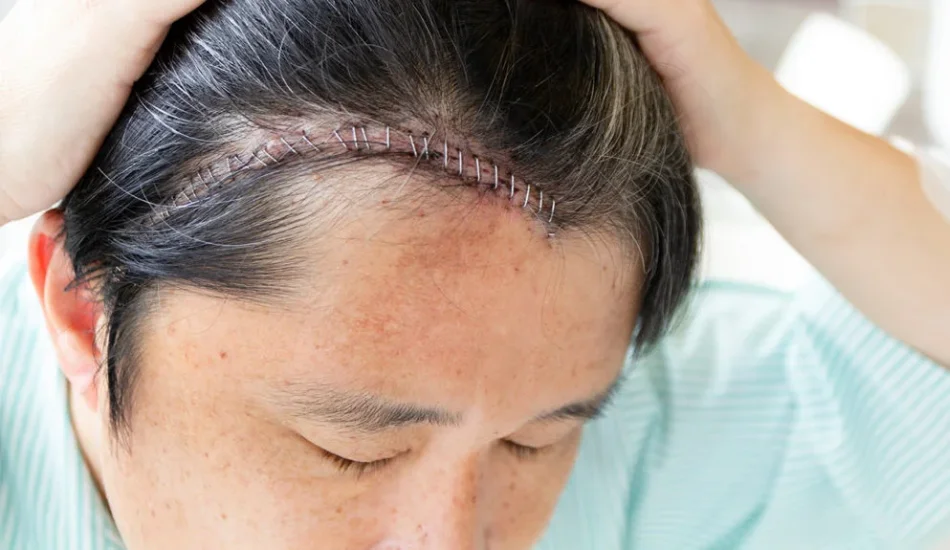
The knee replacement surgery procedure, commonly referred to as knee arthroplasty, is a popular and extremely effective treatment for patients who suffer from knee pain or disability caused by injury or arthritis. With the advancements in the field of medical technology and surgical procedures and techniques, the rate of success for the knee replacement procedure has dramatically increased over time. In this article we’ll discuss the procedures involved in knee replacement and the factors that affect the success rate of this procedure, and what patients can expect from results and recovery.
What exactly is Knee Replacement Surgery?
Knee replacement surgery involves removal of diseased or damaged components of the knee joint to replace them new components comprised of ceramic, metal or plastic. The aim is to ease discomfort, improve joint function, as well as improve the quality of life of the patient. There are two primary kinds of knee replacement surgeries:
- The Total Knee Replacement (TKR): The entire knee joint is replaced using prosthetic parts.
- Partial Knee Reconstruction (PKR): Only the affected part of the knee gets repaired, while preserving healthy bone and tissues.
The Rate of Success for Knee Replacement Surgery
The chance of success with the knee joint replacement procedure is usually extremely high. Based on numerous research studies and outcomes for patients these figures demonstrate the effectiveness of knee replacement surgery:
- Overall Ratio of Success 90% to 95 percent of patients report significant relief from pain and improvement in knee performance.
- The longevity of implants Around 90% the knee implant lasts between 15 and 20 years. Many may last for longer when properly cared for and control.
- Satisfaction of Patients A large proportion of patients are satisfied with their surgical outcomes with regards to reduced suffering and increased mobility.
Factors that affect success rates
Many factors affect the effectiveness of surgical knee replacement. Knowing these factors can aid patients and healthcare professionals improve outcomes
- Patient Factors
-
- age and health Healthier, younger patients are more likely to have better results. However, older patients may benefit greatly when they are in great overall condition.
- Weight A healthy weight will lessen the strain to the knee joint and help improve the outcomes of surgery.
- Activity Level People who exercise prior to surgery are more likely to recover quicker and have better outcomes.
- Surgery Factors
-
- The Experience of a Surgeon Surgeons who are experienced and have performed an abundance of knee replacement surgeries typically achieve more successful outcomes.
- Surgery Technique Modern advances with surgical procedures, like minimally invasive procedures, could decrease recovery times and improve outcomes.
- After-Surgery Care
-
- Rehabilitation A extensive rehabilitation program is vital to restoring knee function and strength.
- Physical Therapy Regular sessions with physical therapy aid patients to regain their mobility and increase the durability that the device.
- Lifestyle adjustments Avoiding vigorous activities and living a healthy life style can prolong the lifespan of the replacement knee.
Post-surgery Expectations
Understanding the expectations that will follow an operation for knee replacement can assist patients in preparing for their recovery process and help improve their outcomes
- Timeline for Recovery
-
- Hospitalization The majority of patients remain at the hospital about 3 days following surgery.
- The Initial Recover The first couple of weeks are about managing swelling, pain, and resuming physical therapy.
- Complete Recovery Most patients experience significant improvement within three to six months, however complete recovery may take up to one year.
- Pain Management
-
- Medical Treatment Pain is controlled through prescribed medication.
- Elevation, Ice The application of ice and elevating your leg can reduce discomfort and swelling.
- Physical and Rehabilitation Therapy
-
- Exercise a well-planned workout program specifically designed to meet the individual’s requirements is vital in restoring knee function.
- Therapist Assistance Sessions of a physical therapy therapist aid to monitor progress and modify exercises when needed.
Long-Term Results
Knee replacement surgery can provide excellent long-term outcomes for a large majority of patients
- The Pain Relief The majority of patients receive an immediate or complete relief from knee pain.
- Improved mobility: Improved knee function allows patients to return to routine activities and live an active lifestyle.
- Greater Independence Patients typically recover their independence and have the capacity to engage in activities that they like.
Conclusion
The knee replacement surgery procedure has a very high success rate, providing considerable relief from pain as well as better quality of life to those suffering from knee pain that is severe. Through understanding the factors that determine the success of surgery and following post-operative treatment along with rehabilitation and post-surgery care, people will increase their chances of getting a positive outcome. If you or someone close to you is thinking about surgery to replace knees, speak with an experienced orthopedic surgeon in order to talk about your possibilities and formulate your own treatment strategy.



